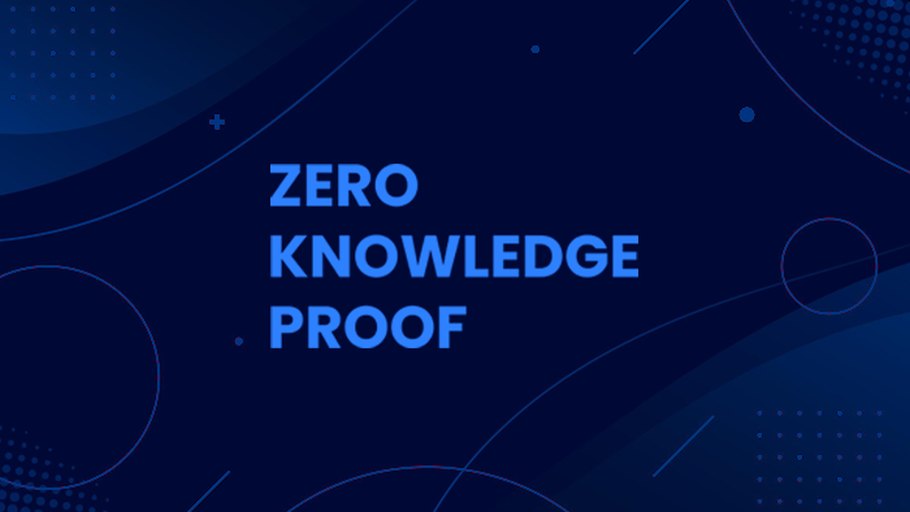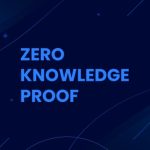How ZK Can Collaborate with Other Technologies to Build the Future of Web3

Zero-Knowledge (ZK) technology has emerged as a powerful tool in the Web3 ecosystem, granting protocols enhanced data security and privacy, not to mention that elusive quality blockchains often lack: scalability. As the decentralized web continues to evolve, the integration of ZK encryption with other bleeding-edge technologies promises to pave the way for innovative solutions that address many of the industry’s most pressing challenges.
Here are a few of the best.
ZK-SNARKs and Gas Reservation
zk-SNARKs (Zero-Knowledge Succinct Non-Interactive Argument of Knowledge) is a form of ZK cryptography that enables one user to prove to another that (s)he possesses certain information, without having to reveal it. Gas reservation, meanwhile, is a feature of the Gear Protocol wherein a program can dispatch a message using gas that was reserved before, instead of from the currently processing message. By reserving gas, DeFi users can prevent transaction failures caused by insufficient gas allocation.
Vara Network integrates both of these technologies to enhance DeFi applications built on its Gear-powered Layer-1 network, with the advantage of protecting the confidentiality of sensitive details within DeFi transactions. The combination of zk-SNARKs and gas reservation also reduces the risk of failed transactions and unexpected fees. Vara-based dApps that can benefit from the privacy and efficiency offered by the aforementioned technologies include lending platforms, AMMs, and stablecoin issuers.
ZK and Artificial Intelligence
The intersection of ZK technology and AI presents exciting possibilities for data integrity and confidentiality, and we are already seeing these technologies coalesce in interesting ways. Take decentralized data warehouse Space and Time, for example, which has developed a high-performance ZK prover for processing data. This innovation, Proof of SQL, cryptographically guarantees that SQL database queries are computed accurately against untampered data.
By combining sub-second Zero-Knowledge proofs with AI-driven data analysis, Space and Time envisions a future where large-scale data processing in Web3 dApps maintains both accuracy and privacy, opening up new avenues for decentralized machine learning and data marketplaces. Interestingly, AI agents can utilize Space and Time to ask questions about a chain’s activity, as well as off-chain data, and receive prompt and trustless SQL query results onchain.
ZK and Layer-2 Solutions
The terms Zero-Knowledge and Layer-2 are often bundled together due to the prevalence of ZK-rollups, L2 scaling solutions that boost throughout Ethereum by moving computation and state storage off-chain. Some networks have set up shop as veritable epicenters of ZK apps, with Manta Network being a prime example.
Recently, Manta announced a $50 million ecosystem fund to accelerate project development on its network, with $35 allocated to direct investment in ZK projects building on its network. The platform is already home to a thriving ecosystem of ZK apps, from private asset verifier Pomp to Zypher Games, a portal to AI- and ZK-powered Web3 games.
ZK and Decentralized Identity
Of all the Web3 technologies focused on privacy – and there are many – decentralized identity and ZK solutions stand the best chance of preserving individual liberty in the age of the digital panopticon. Reflecting this belief, Ethereum scaling solution Polygon recently launched Privado ID, a ZK-powered identity protocol that leverages ZK proofs to let users verify their ID without exposing sensitive information publicly. The protocol is also aimed at developers, providing a set of open-source software and infrastructure that lets them integrate privacy-centric ID management features into their applications.
This particular application of ZK tech underscores how privacy-preserving verification can be achieved at scale, something that’s sure to be at the forefront of many users’ minds given the growing threat of online surveillance.
ZK and the Internet of Things (IoT)
The Internet of Things presents unique challenges in terms of security and privacy, particularly when it comes to device identification and data transmission. Thankfully, ZK proofs can be leveraged for the trustless identification of IoT devices, enhancing security and privacy when connected appliances communicate with one another. Without ZK tech, a vast ocean of personal data would be unverified and at risk of exposure; by the end of 2025, 30 billion IoT devices are expected to be online.
Evidently, the coalescence of ZK and other innovative Web3 technologies is driving the evolution of the blockchain space towards a more secure, scalable, and privacy-preserving future. From enhancing DeFi dApps and L2 solutions to transforming decentralized ID and IoT security, ZK is an indispensable weapon in the Web3 armory.

